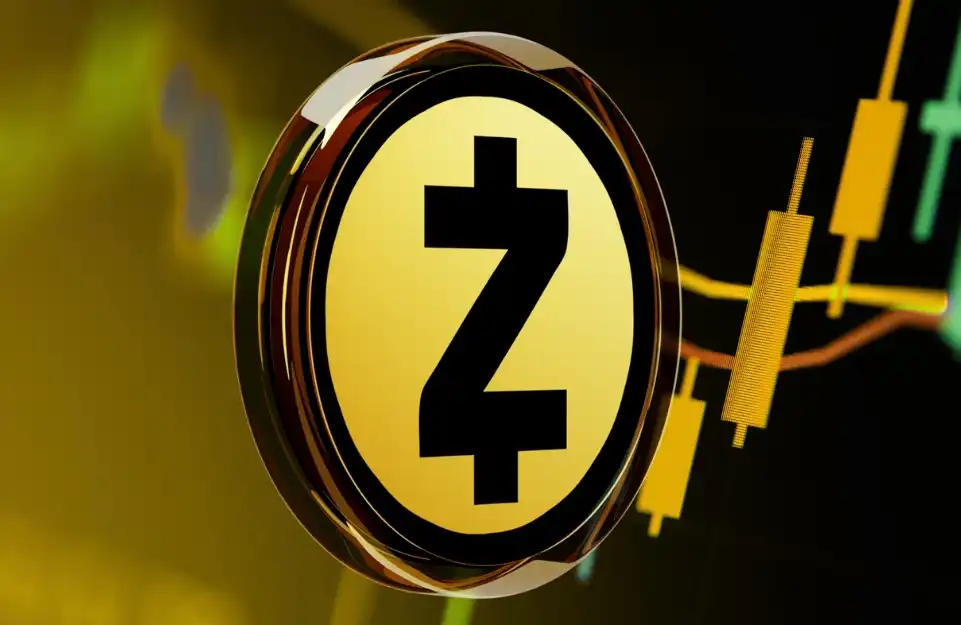Spot bitcoin ETFs snap brief inflow streak as GBTC outflows overpower
While every other spot bitcoin ETF had inflows or no flows, GBTC’s significant outflows overpowered the market.
Grayscale's converted Bitcoin BTC -2.66% Trust was again the primary culprit, with $29 million flowing out of GBTC yesterday. It had previously recorded two consecutive days of net inflows after ending a 78-day streak of outflows last week.
Every other spot bitcoin ETF had either positive net inflows or no net flows. The Fidelity Wise Origin Bitcoin Fund had a net inflow of $4 million, while the ARK 21Shares Bitcoin ETF and Invesco Galaxy Bitcoin ETF brought in $3 million and $6 million, respectively.
Cumulative total net inflows into U.S.-listed spot bitcoin ETFs since their listing has decreased to $11.76 billion.
Overall, the spot bitcoin ETF market has cooled off after its post-listings fervor, with volumes steadily trending downward since peaking on March 5, according to The Block's data. Cumulative volume is approaching $250 billion.
Disclaimer: The content of this article solely reflects the author's opinion and does not represent the platform in any capacity. This article is not intended to serve as a reference for making investment decisions.
You may also like
What’s next for the strongest altcoin of this round, ZEC?
There is a fierce debate between bullish and bearish views on ZEC.

Cloudflare Outage: Exposing the Pseudo-Decentralization of the Crypto Industry
Four major outages in 18 months—why is the centralization dilemma so hard to resolve?

Synthetix held a contract trading competition, but the discouragement effect was overwhelming...
Only about 20% of participants managed to avoid losing more than 90%.

"AI Godmother" Fei-Fei Li's Latest Interview: I Didn't Expect AI to Become So Popular, the Next Frontier Is Spatial Intelligence
If AI leads humanity into an extinction crisis, it will be humanity's fault, not the machines'. If superintelligence emerges, why would humanity allow itself to be taken over? Where are collective responsibility, governance, and regulation? "Spatial intelligence" may fundamentally change the way we understand the world.
